
Health is a crown on the heads of the healthy that only the sick can see.
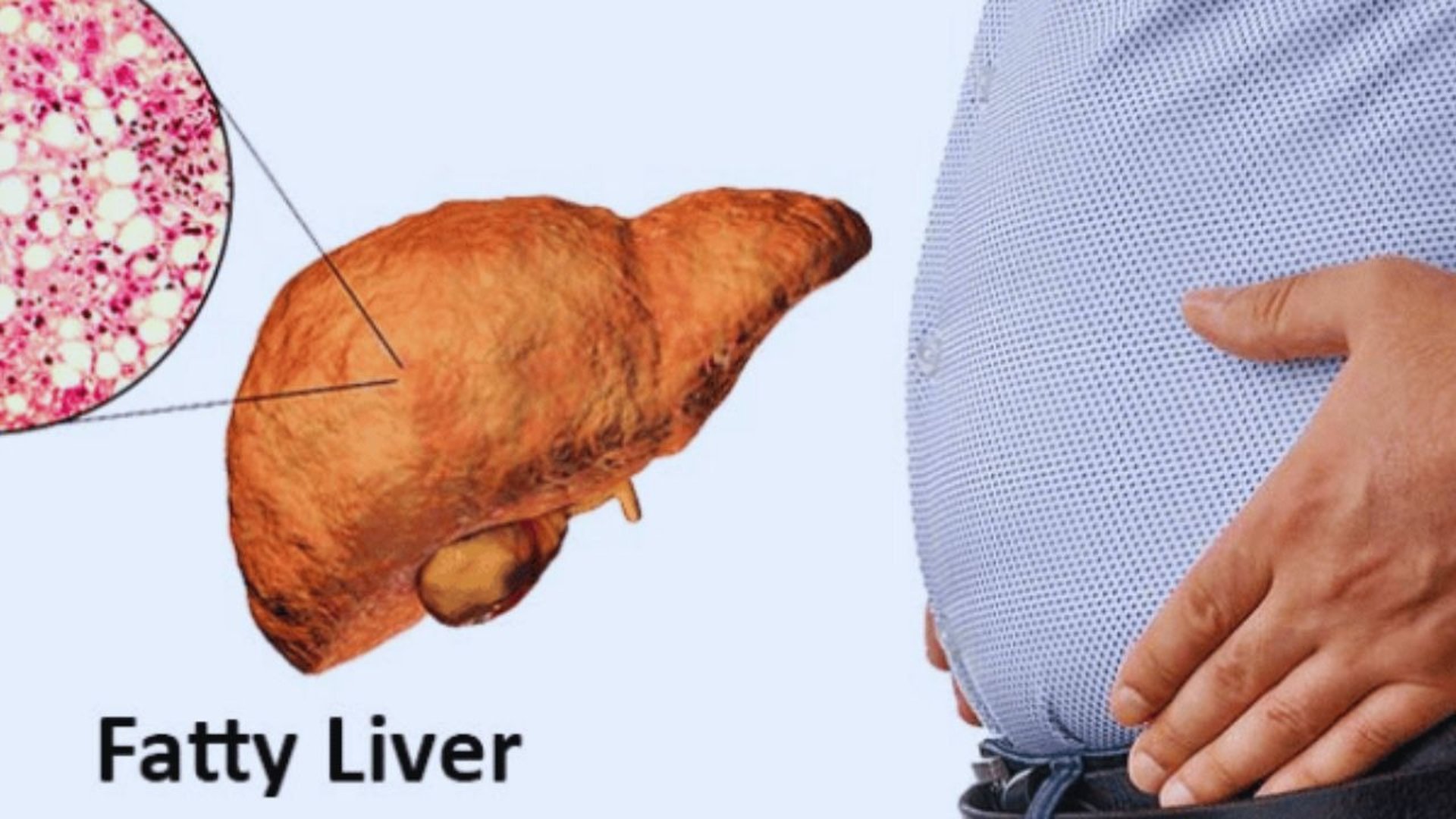
🩺The Only Hope for Patients : Fatty Liver
Manuka honey's antioxidants and anti-inflammatory properties may reduce oxidative stress and inflammation in liver cells.is manuka honey beneficial for fatty liver
GASTRENESTAL
Dr Hassan Alwarraqi
9/7/2024


🩺The Only Hope for Patients : Fatty Liver
is manuka honey beneficial for fatty liver
Manuka honey's antioxidants and anti-inflammatory properties may reduce oxidative stress and inflammation in liver cells.is manuka honey beneficial for fatty liver
Fatty liver disease, also known as hepatic steatosis or steatotic liver disease, is characterized by an accumulation of excess fat in the liver
Non-alcoholic fatty liver disease (NAFLD) is a common form of this condition, often presenting with minimal or no symptoms, although some individuals may experience fatigue or discomfort in the upper right quadrant of the abdomen
This condition is frequently observed in individuals who are overweight or obese.
fatty liver disease can progress to severe liver complications, including cirrhosis and liver cancer
Steatotic liver disease (SLD) is marked by the presence of excess fat in the liver
with metabolic disorders and excessive alcohol consumption identified as significant risk factors
While the accumulation of fat may initially be asymptomatic, it can ultimately impair liver function over time.
Recent findings suggest that fasting and the consumption of honey may offer promising therapeutic options for patients suffering from fatty liver disease.
life expectancy with fatty liver disease
is fatty liver dangerous
If the diagnosis comes late or if you experience complications such as abdominal swelling, fluid buildup, or gastrointestinal bleeding
your life expectancy may be significantly reduced unless you receive a liver transplant
The risk of sudden death from fatty liver disease varies based on the severity of the condition and any other health issues you may have.
mortality
Is it possible to die from fatty liver disease
The life expectancy for those with fatty liver disease shows a 7.5% risk of all-cause mortality,
while the risk of developing diabetes stands at 38.0%. Additionally, mortality related to NAFLD is projected to rise by 44%.
life expectancy with alcoholic fatty liver disease
Alcoholic cirrhosis is found among alcoholics about 10 to 25 percent of the time
alcohol use can cause additional damage and fat accumulation in the liver
cirrhosis always leads to cancer hepatocellular carcinoma.
medications to avoid with fatty liver disease
Statins.
Antibiotics such as amoxicillin-clavulanate or erythromycin.
Medications for arthritis like methotrexate or azathioprine.
Antifungal medications.
Niacin.
Steroids.
Allopurinol for managing gout.
Antiviral treatments for HIV.
Corticosteroids, antidepressants, antipsychotic drugs, and most frequently, tamoxifen.
Drug-induced fatty liver disease.
Amiodarone
Aspirin
Ibuprofen
AZT
NRTI (ddI, d4T)
Protease inhibitors
Valproic acid
Carbamazepine
Perhexiline maleate
DH
Tamoxifen
Methotrexate
5-FU
Irinotecan
Glucocorticoids
Hepatotoxic medications:
Acetaminophen (APAP)
Ibuprofen
Diclofenac
Salicylic acid
Amiodarone
Stavudine (d4T)
Zidovudine (AZT)
Valproic acid
Perhexiline maleate
Tamoxifen
Methotrexate
Irinotecan.
fatty liver symptoms and Causes
Feeling nauseous.
Decreased desire to eat.
Unintentional weight loss.
Yellow tint to the skin and eyes (jaundice).
Discomfort and swelling in the abdomen (ascites).
Swelling in the legs, feet, or hands (edema).
Bleeding from the esophagus, stomach, or rectum.
Fatty Liver Cause Symptoms on The Skin
fatty liver symptoms in males & females
Jaundice
Skin discoloration
Bruising
Swelling
Skin nodules
Itching
Spider veins
Yellow spots near the eyes
Palmar xanthomas
Excess weight
Type 2 diabetes
Insulin resistance
Elevated triglycerides in the bloodstream
Metabolic syndrome
Pregnancy
Along with excessive alcohol intake
Advanced age
Genetic factors
Obesity
Cigarette smoking
A background of specific infections, like hepatitis
skin changes in fatty liver
Yellowing of the skin, itchy rashes, rosacea, spider veins, and dark patches known as acanthosis nigricans are all skin conditions to be aware of.
You might notice new flat or raised areas on your skin that can appear lighter or red.
fatty liver can lead to facial symptoms, including jaundice, rosacea, dermatitis, itchy skin, spider veins, and areas of darkened skin.
The major risk factors of fatty liver
excess weight or obesity
insulin sensitivity issues
type 2 diabetes
elevated cholesterol levels
high triglyceride levels
metabolic disorder
risk factors for NAFLD
Advancing age
a family background of liver issues
the use of specific medications, including methotrexate (Trexall), tamoxifen (Nolvadex), and amiodarone (Pacerone)
being pregnant
a past of particular infections, such as hepatitis
polycystic ovary syndrome (PCOS)
obstructive sleep apnea
contact with certain harmful substances
quick weight loss
uncommon genetic disorders, such as Wilson disease or hypobetalipoproteinemia
fatty liver treatment
Fatty liver treatment medicine
There is currently no medication that can reverse fat accumulation in the liver.
Incorporate Omega-3 fatty acids into your diet, which can be found in fish, fish oil, various vegetable oils, nuts (especially walnuts), flaxseeds and flaxseed oil, as well as leafy greens.
The most effective treatments for fatty liver include vitamin E, which acts as an antioxidant, and pioglitazone, a medication used for diabetes management.
For at-home workouts, consider these tips:
- Shed extra pounds
- Maintain a nutritious diet
- Enjoy coffee in moderation
- Stay active
- Limit added sugars
- Lower cholesterol levels
- Include Omega-3s in your meals
- Steer clear of liver irritants
- Take vitamin E
- Explore herbs and supplements
- Consult for medical treatments
Currently, there is no medication that can reverse the fat stored in the liver.
To support liver health, include Omega-3 fatty acids in your meals, which are present in fish, fish oil, certain vegetable oils, nuts (especially walnuts), flaxseeds and flaxseed oil, along with leafy vegetables.
The top treatments for fatty liver are vitamin E, known for its antioxidant properties, and pioglitazone, which is prescribed for diabetes.
For effective at-home workouts, try these strategies:
- Lose unwanted weight
- Eat a balanced diet
- Drink coffee
- Stay physically active
- Avoid added sugars
- Lower cholesterol intake
- Incorporate Omega-3s
- Avoid substances that irritate the liver
- Use vitamin E
- Consider herbs and supplements
- Look into medical treatments
fatty liver causes
Type 2 diabetes
Excess weight
Elevated blood pressure
High cholesterol levels
Metabolic disorder
Insulin sensitivity issues
Contact with specific toxins
Rapid weight reduction
Polycystic ovary condition
Alcohol dependency
Hepatitis C infection
Underactive thyroid
Sleep apnea
Some medications or prescriptions
Broad waist circumference
foods cause fatty liver
Alcohol
Beef
Whole grains
Sugar
Fried items
White bread
Salty snacks
Sugary beverages
Sweet treats and desserts
how to reduce fatty liver
Shedding pounds
Steer clear of sugars
Reduce your cholesterol levels
Stay away from alcohol
Incorporate more antioxidants into your meals
Stay active with regular exercise
Include omega-3 fatty acids in your nutrition
Revamp your eating habits
Manage diabetes effectively
Reduce stress on your liver
Opt for a nutritious diet
Limit over-the-counter medications
Quit smoking
fatty liver types and grades
Nonalcoholic fatty liver disease (NAFLD) refers to the accumulation of fat in the liver, accompanied by signs of inflammation and damage to liver cells, which is known as nonalcoholic steatohepatitis (NASH).
Hepatitis indicates a transition from fatty liver to inflamed tissue, while
fibrosis represents the formation of scar tissue due to liver damage caused by inflammation.
Cirrhosis occurs when scar tissue replaces healthy liver tissue, and
hepatocellular carcinoma is a type of liver cancer that can develop as a result.
In terms of fatty liver grading,
Grade 1 indicates a mild condition where fat constitutes 5-10% of the liver. Adopting a healthy diet along with regular exercise can help manage this.
Grade 2 fatty liver occurs when fat makes up 10-25% of the liver.
Grade 3 fatty liver represents the most severe form of NAFLD, characterized by a significant amount of fat and inflammation in the liver and surrounding areas.
This severe condition can arise in both NAFL and NASH, with risk factors including obesity, type 2 diabetes, and metabolic syndrome.
fatty liver disease diet
Focus on incorporating starchy vegetables and whole fruits into your meals. Opt for lean protein sources such as fish, poultry, beans, and nuts.
Try to reduce your intake of red meats, deli meats, bacon, and other processed meats. Select whole grains like brown rice, oatmeal, or whole wheat pasta for a healthier option.
Can fatty liver be improved through exercise, a balanced diet, weight loss, medication, fasting, or even Ayurvedic methods like smoked vegetables and honey
fasting lead to improvements in liver function
A decrease in liver fat buildup or inflammation can occur,
and total cholesterol levels, which are linked to nonalcoholic fatty liver disease (NAFLD), tend to improve during fasting periods.
Engaging in aerobic exercise or cardio alongside intermittent fasting may also benefit those with NAFLD.
The liver primarily generates and releases glucose through a process called glycogenolysis.
autophagy plays a crucial role in liver detoxification and helps break down lipids, thereby preventing liver steatosis, which is an early sign of both NAFLD and alcoholic fatty liver disease (AFLD).
The pancreas is another organ influenced by fasting; when plasma glucose levels are low, it releases more glucagon from the alpha cells in the islets of Langerhans.
This glucagon mainly targets the liver, where most of the body's glycogen is stored.
How fasting helps fight fatty liver disease
When food is scarce, a specific protein is generated that helps regulate metabolism in the liver
Alternate-day fasting a good option for patients with fatty liver disease David fasting
proved to be successful in lowering body weight, fat mass, waist size, ALT levels, fasting insulin, insulin resistance, and enhancing insulin sensitivity in individuals dealing with obesity and NAFLD
honey good for liver repair inflammation cirrhosis fatty liver damage cleanse
Benefits of manuka honey
Liver conditions, including hepatitis, cirrhosis, acute liver failure, non-alcoholic fatty liver disease, alcoholic liver disease, fibrosis, steatosis, hepatoma, and inflammation of the hepatic portal, are significant health concerns.
Research indicates that consuming honey 2 to 6 times a week is linked to improvements in non-alcoholic fatty liver disease (NAFLD).
Honey has been shown to reduce the harmful effects of various liver toxins due to its antioxidant properties,
ability to scavenge free radicals, anti-inflammatory effects, and its role in inhibiting CYP2E1 activity.
keywords
life expectancy , fatty liver disease, fatty liver dangerous,honey decreases the hepatotoxicity,liver repair inflammation ,cirrhosis fatty liver, damage, cleanse,Benefits of manuka honey,Alternate-day fasting , good option for patients , David fasting, fight,improvements,medicine,types , grades,cirrhosis , cancer,alcohol,mortality,medications to avoid,Hepatotoxic drugs,symptoms,causes,
Fatty Liver Disease: The Only Hope for Patients
What is fatty liver disease, and what are its main types?
Fatty liver disease refers to the accumulation of excess fat in liver cells. Its main types include:
Non-alcoholic fatty liver disease (NAFLD): Not associated with alcohol consumption.
Alcoholic fatty liver disease (AFLD): Caused by excessive alcohol intake.
What are three risk factors for developing NAFLD?
Obesity
Type 2 diabetes
Insulin resistance
What are the common symptoms of fatty liver disease?
Common symptoms include:
Fatigue
Discomfort in the upper right abdomen
Nausea
Loss of appetite
What serious complications can result from untreated fatty liver disease?
Untreated fatty liver disease can lead to:
Cirrhosis (liver scarring)
Liver failure
Liver cancer
How can diet help in treating fatty liver disease?
A diet rich in:
Whole grains
Vegetables and fruits
Lean proteins
Omega-3 fatty acids
Can aid in managing the condition. Processed foods, sugars, and saturated fats should be avoided.
What are the benefits of regular exercise for fatty liver patients?
Exercise helps by:
Reducing liver fat
Improving insulin sensitivity
Enhancing metabolic health
What is intermittent fasting, and what are its potential benefits for fatty liver patients?
Intermittent fasting alternates between periods of eating and fasting. Potential benefits include:
Reduced liver fat
Improved insulin sensitivity
Enhanced autophagy (a process that cleanses and regenerates liver cells)
What makes Manuka honey beneficial for liver health?
Manuka honey contains:
Antioxidants
Anti-inflammatory properties
These help protect the liver from toxins and reduce damage.
Name three types of medications to avoid with fatty liver disease.
Statins
Certain antibiotics
Methotrexate (arthritis medication)
What are the stages of fatty liver disease, and how does it progress?
Grade 1 (Mild): Minimal fat accumulation, manageable with lifestyle changes.
Grade 2 (Moderate): Increased fat buildup.
Grade 3 (Severe): Significant fat and inflammation.
If untreated, it can progress to cirrhosis and liver cancer.
How do lifestyle changes, including diet and exercise, impact fatty liver disease?
Lifestyle changes can significantly reduce liver fat, improve overall liver function, and halt or reverse disease progression.
Compare NAFLD and AFLD in terms of causes, risk factors, and potential complications.
NAFLD:
Causes: Obesity, diabetes, insulin resistance.
Risk Factors: Metabolic syndrome, high cholesterol.
Complications: Cirrhosis, liver failure, liver cancer.
AFLD:
Causes: Excessive alcohol intake.
Risk Factors: Alcohol dependency, malnutrition.
Complications: Similar to NAFLD but more directly linked to alcohol toxicity.
Analyze the potential role of Manuka honey in treating fatty liver disease, considering scientific evidence and limitations.
Manuka honey’s antioxidants and anti-inflammatory properties may reduce oxidative stress and inflammation in liver cells. However, more clinical trials are needed to confirm its efficacy and safety.
Evaluate the effectiveness of intermittent fasting as a treatment option for fatty liver disease, focusing on underlying biological mechanisms.
Intermittent fasting promotes:
Fat metabolism
Insulin sensitivity
Autophagy
These mechanisms may help reduce liver fat and improve overall liver health.
Review medications and substances to avoid for those with fatty liver disease, and explain their potential negative effects on the liver.
Medications like statins, certain antibiotics, and methotrexate can harm the liver by increasing its toxicity. Always consult a doctor before taking any medication with fatty liver disease.
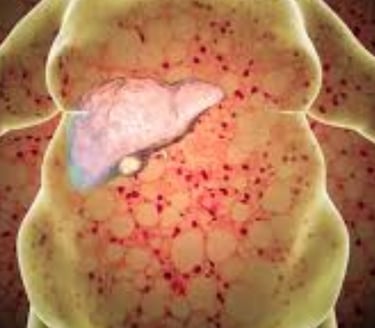

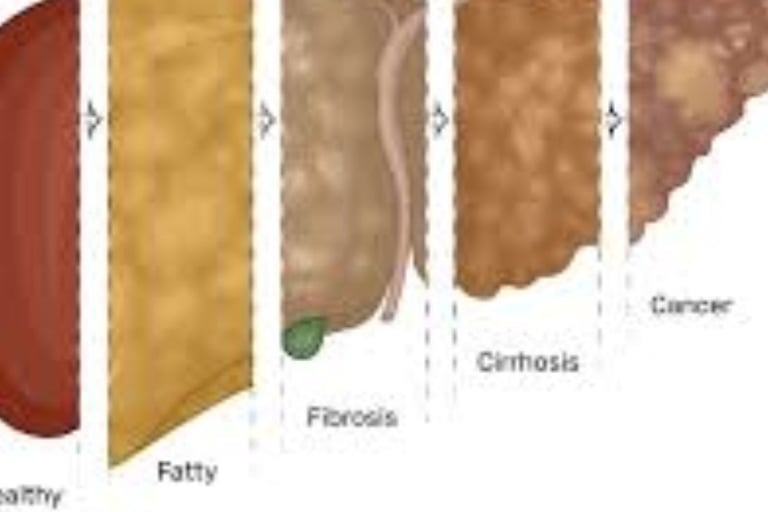

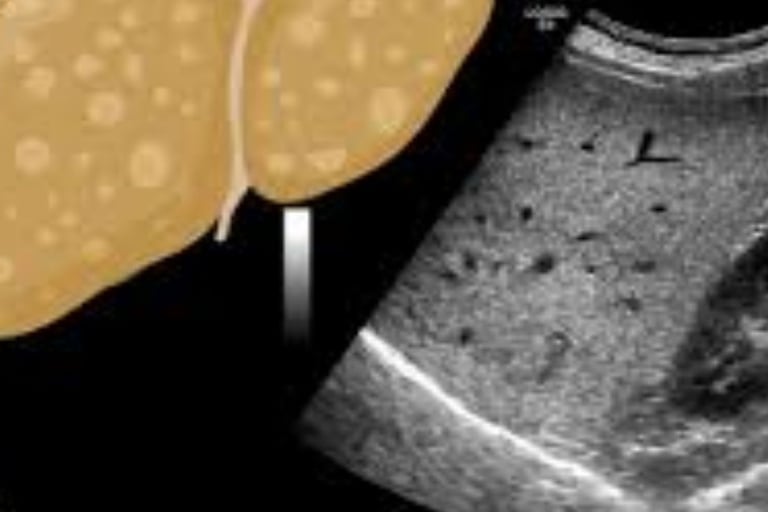

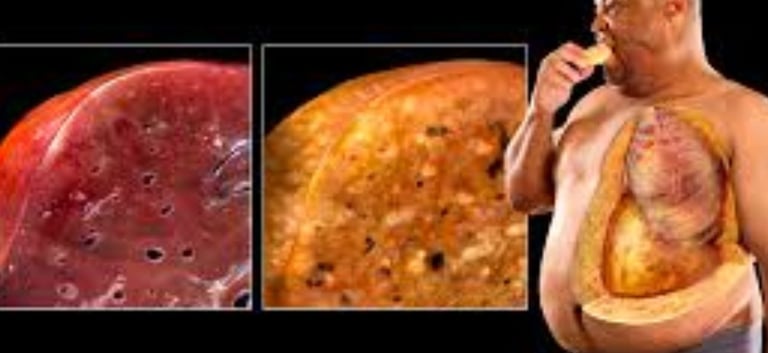


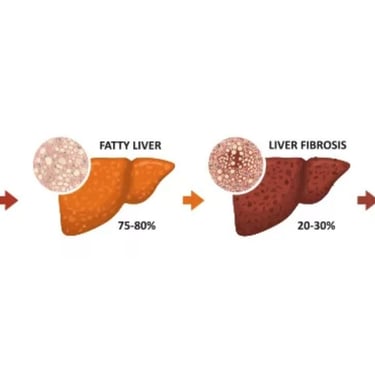
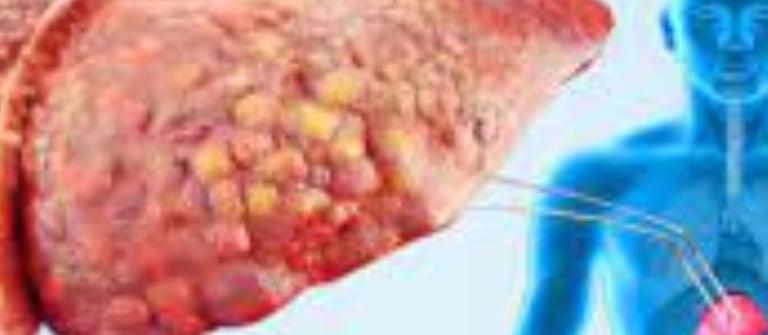

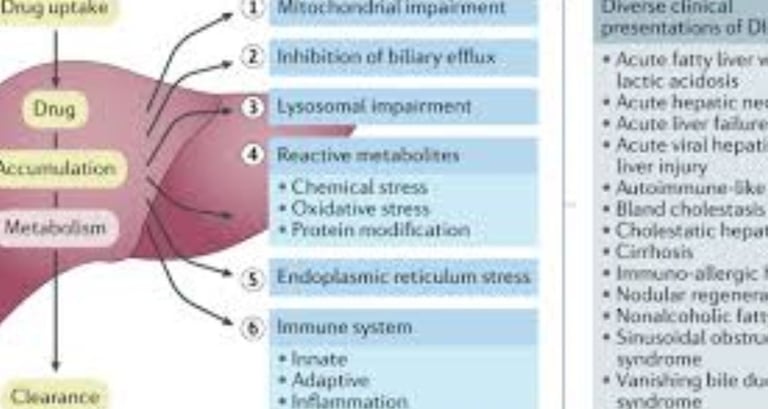

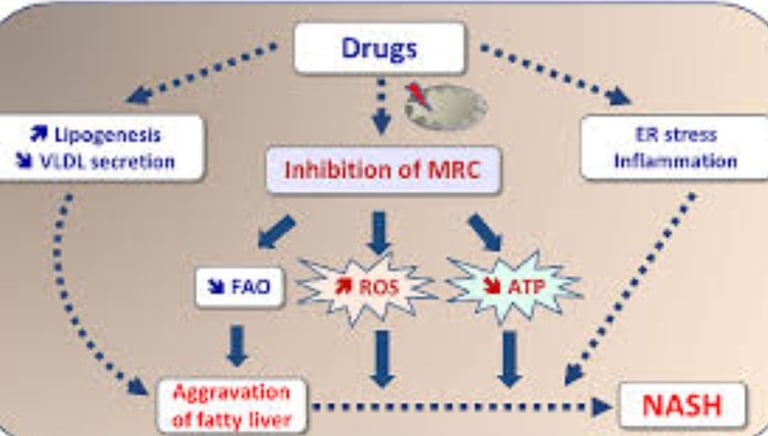

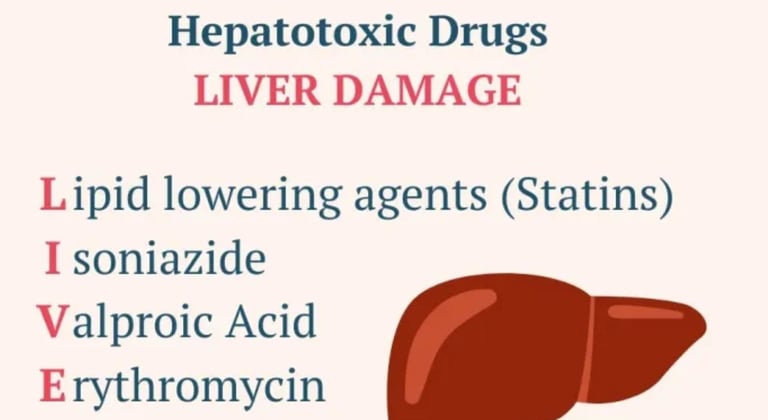

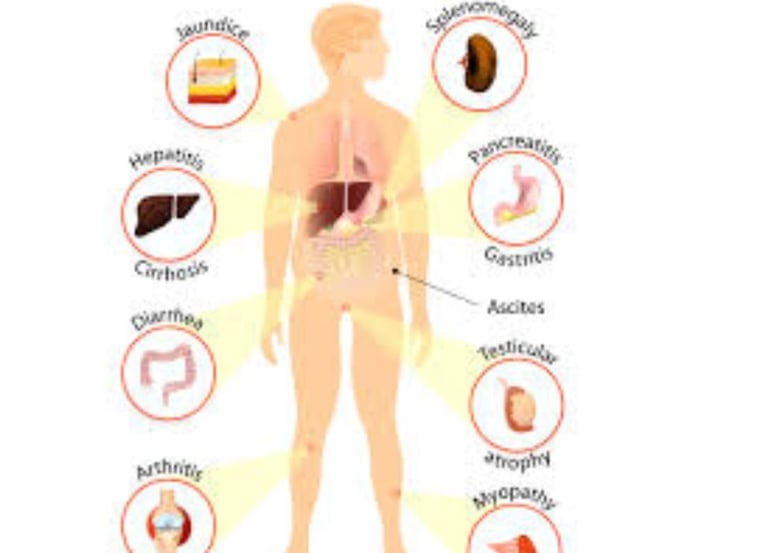

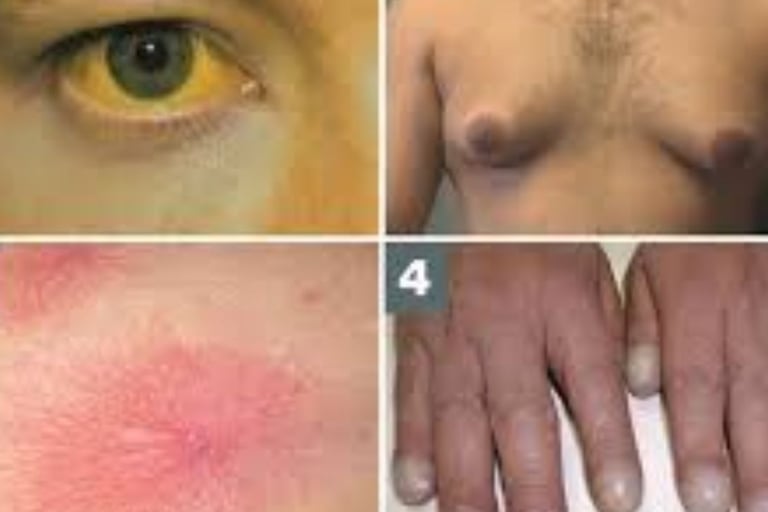

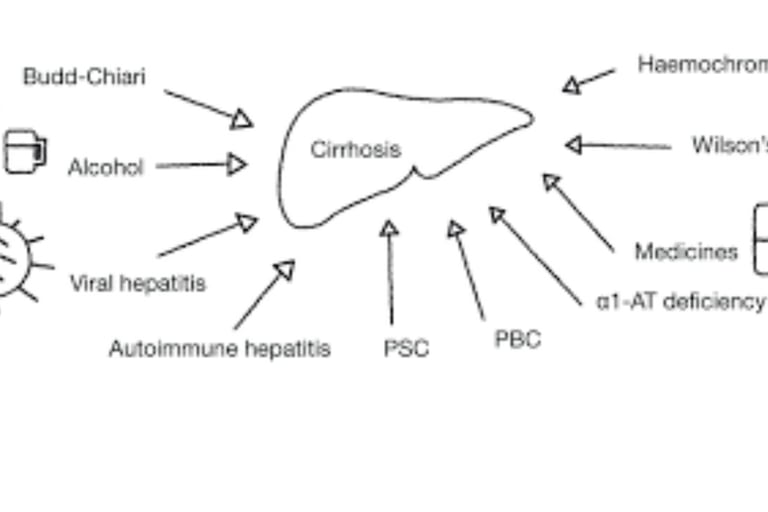

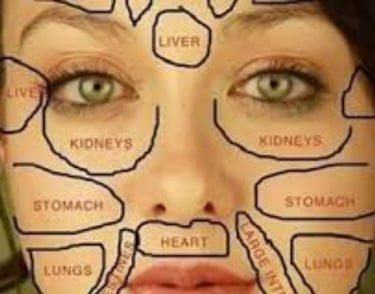

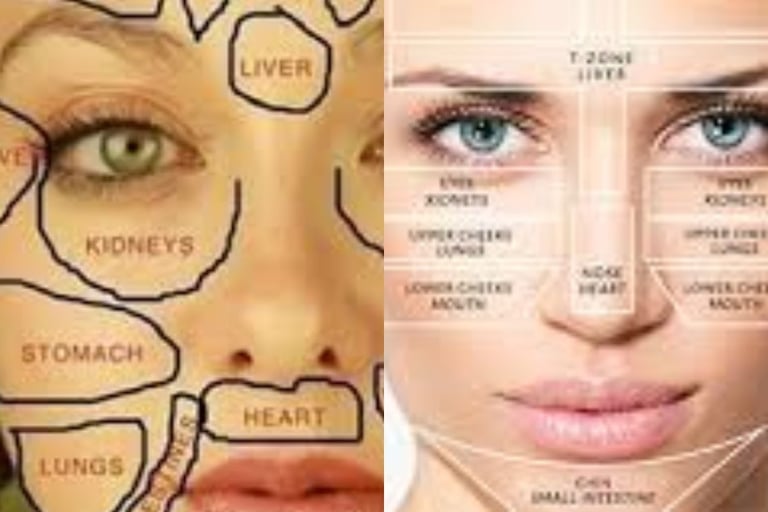

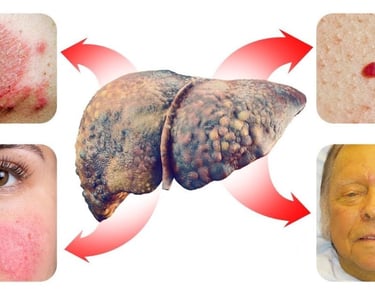

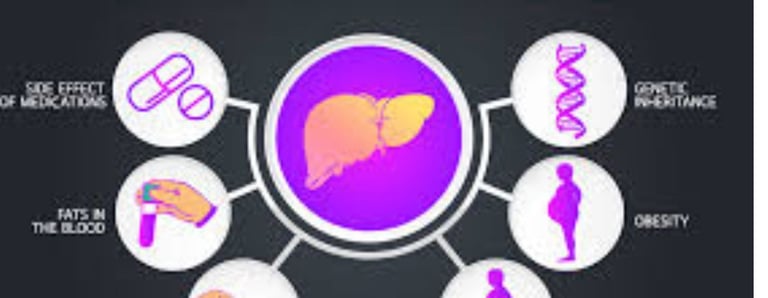

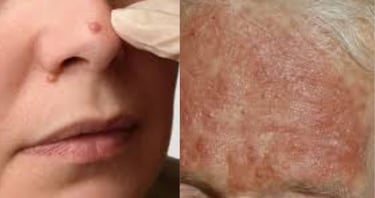

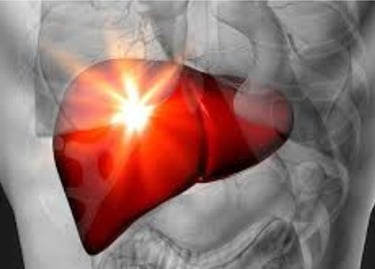

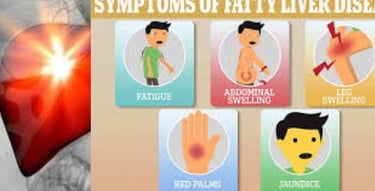

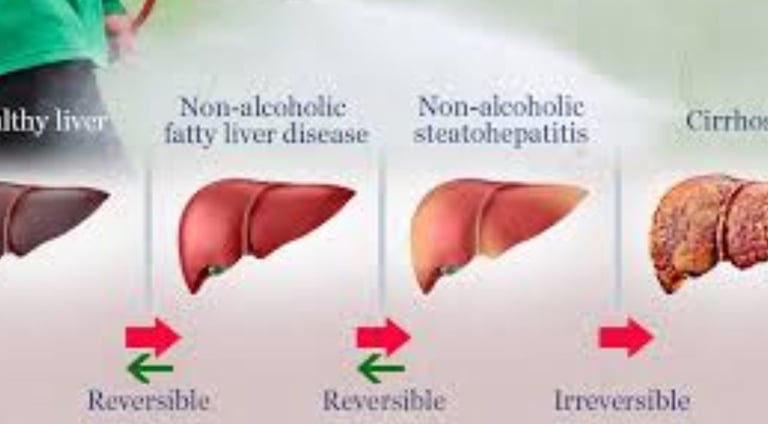

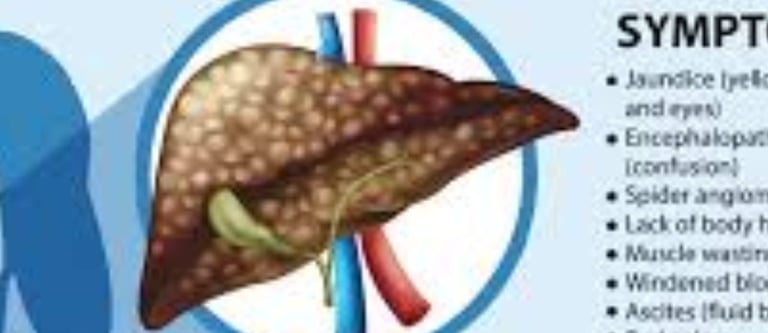

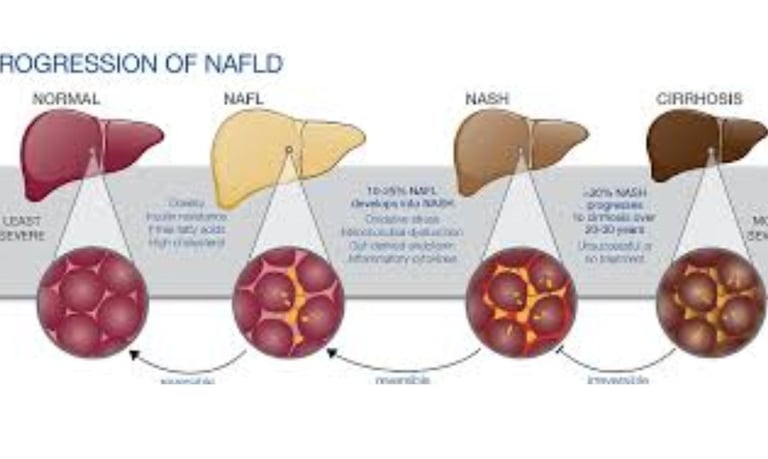

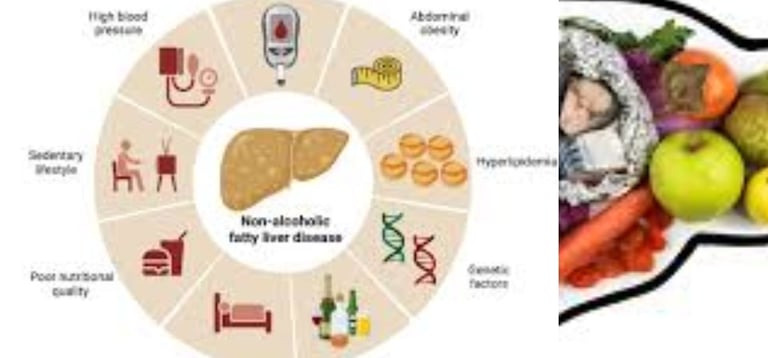

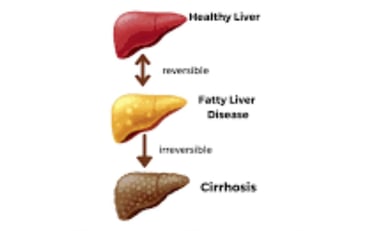

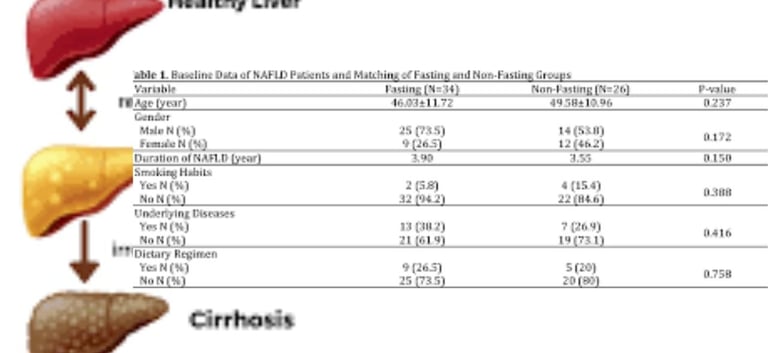

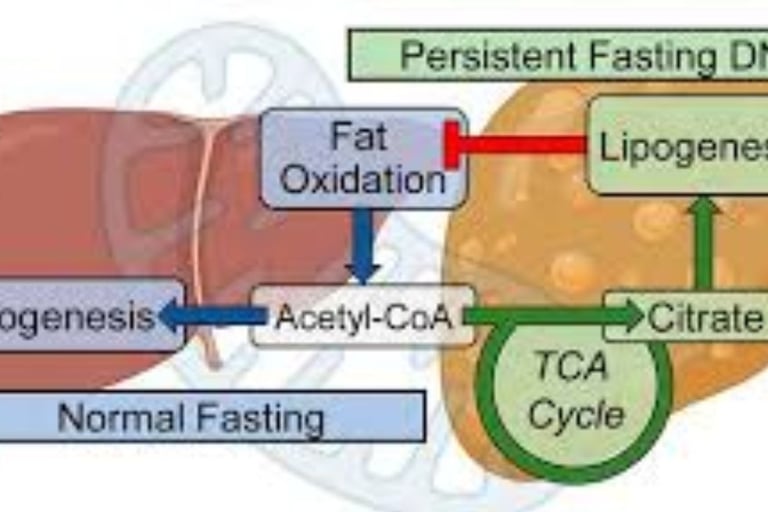






The Only Hope for Patients : Fatty Liver
Fatty liver disease, also known as hepatic steatosis or steatotic liver disease, is characterized by an accumulation of excess fat in the liver
Non-alcoholic fatty liver disease (NAFLD) is a common form of this condition, often presenting with minimal or no symptoms, although some individuals may experience fatigue or discomfort in the upper right quadrant of the abdomen
This condition is frequently observed in individuals who are overweight or obese.
fatty liver disease can progress to severe liver complications, including cirrhosis and liver cancer
Steatotic liver disease (SLD) is marked by the presence of excess fat in the liver
with metabolic disorders and excessive alcohol consumption identified as significant risk factors
While the accumulation of fat may initially be asymptomatic, it can ultimately impair liver function over time.
Recent findings suggest that fasting and the consumption of honey may offer promising therapeutic options for patients suffering from fatty liver disease.
life expectancy with fatty liver disease
is fatty liver dangerous
If the diagnosis comes late or if you experience complications such as abdominal swelling, fluid buildup, or gastrointestinal bleeding
your life expectancy may be significantly reduced unless you receive a liver transplant
The risk of sudden death from fatty liver disease varies based on the severity of the condition and any other health issues you may have.
mortality
Is it possible to die from fatty liver disease
The life expectancy for those with fatty liver disease shows a 7.5% risk of all-cause mortality,
while the risk of developing diabetes stands at 38.0%. Additionally, mortality related to NAFLD is projected to rise by 44%.
life expectancy with alcoholic fatty liver disease
Alcoholic cirrhosis is found among alcoholics about 10 to 25 percent of the time
alcohol use can cause additional damage and fat accumulation in the liver
cirrhosis always leads to cancer hepatocellular carcinoma.
medications to avoid with fatty liver disease
Statins.
Antibiotics such as amoxicillin-clavulanate or erythromycin.
Medications for arthritis like methotrexate or azathioprine.
Antifungal medications.
Niacin.
Steroids.
Allopurinol for managing gout.
Antiviral treatments for HIV.
Corticosteroids, antidepressants, antipsychotic drugs, and most frequently, tamoxifen.
Drug-induced fatty liver disease.
Amiodarone
Aspirin
Ibuprofen
AZT
NRTI (ddI, d4T)
Protease inhibitors
Valproic acid
Carbamazepine
Perhexiline maleate
DH
Tamoxifen
Methotrexate
5-FU
Irinotecan
Glucocorticoids
Hepatotoxic medications:
Acetaminophen (APAP)
Ibuprofen
Diclofenac
Salicylic acid
Amiodarone
Stavudine (d4T)
Zidovudine (AZT)
Valproic acid
Perhexiline maleate
Tamoxifen
Methotrexate
Irinotecan.
fatty liver symptoms and Causes
Feeling nauseous.
Decreased desire to eat.
Unintentional weight loss.
Yellow tint to the skin and eyes (jaundice).
Discomfort and swelling in the abdomen (ascites).
Swelling in the legs, feet, or hands (edema).
Bleeding from the esophagus, stomach, or rectum.
Fatty Liver Cause Symptoms on The Skin
fatty liver symptoms in males & females
Jaundice
Skin discoloration
Bruising
Swelling
Skin nodules
Itching
Spider veins
Yellow spots near the eyes
Palmar xanthomas
Excess weight
Type 2 diabetes
Insulin resistance
Elevated triglycerides in the bloodstream
Metabolic syndrome
Pregnancy
Along with excessive alcohol intake
Advanced age
Genetic factors
Obesity
Cigarette smoking
A background of specific infections, like hepatitis
skin changes in fatty liver
Yellowing of the skin, itchy rashes, rosacea, spider veins, and dark patches known as acanthosis nigricans are all skin conditions to be aware of.
You might notice new flat or raised areas on your skin that can appear lighter or red.
fatty liver can lead to facial symptoms, including jaundice, rosacea, dermatitis, itchy skin, spider veins, and areas of darkened skin.
The major risk factors of fatty liver
excess weight or obesity
insulin sensitivity issues
type 2 diabetes
elevated cholesterol levels
high triglyceride levels
metabolic disorder
risk factors for NAFLD
Advancing age
a family background of liver issues
the use of specific medications, including methotrexate (Trexall), tamoxifen (Nolvadex), and amiodarone (Pacerone)
being pregnant
a past of particular infections, such as hepatitis
polycystic ovary syndrome (PCOS)
obstructive sleep apnea
contact with certain harmful substances
quick weight loss
uncommon genetic disorders, such as Wilson disease or hypobetalipoproteinemia
fatty liver treatment
Fatty liver treatment medicine
There is currently no medication that can reverse fat accumulation in the liver.
Incorporate Omega-3 fatty acids into your diet, which can be found in fish, fish oil, various vegetable oils, nuts (especially walnuts), flaxseeds and flaxseed oil, as well as leafy greens.
The most effective treatments for fatty liver include vitamin E, which acts as an antioxidant, and pioglitazone, a medication used for diabetes management.
For at-home workouts, consider these tips:
- Shed extra pounds
- Maintain a nutritious diet
- Enjoy coffee in moderation
- Stay active
- Limit added sugars
- Lower cholesterol levels
- Include Omega-3s in your meals
- Steer clear of liver irritants
- Take vitamin E
- Explore herbs and supplements
- Consult for medical treatments
Currently, there is no medication that can reverse the fat stored in the liver.
To support liver health, include Omega-3 fatty acids in your meals, which are present in fish, fish oil, certain vegetable oils, nuts (especially walnuts), flaxseeds and flaxseed oil, along with leafy vegetables.
The top treatments for fatty liver are vitamin E, known for its antioxidant properties, and pioglitazone, which is prescribed for diabetes.
For effective at-home workouts, try these strategies:
- Lose unwanted weight
- Eat a balanced diet
- Drink coffee
- Stay physically active
- Avoid added sugars
- Lower cholesterol intake
- Incorporate Omega-3s
- Avoid substances that irritate the liver
- Use vitamin E
- Consider herbs and supplements
- Look into medical treatments
fatty liver causes
Type 2 diabetes
Excess weight
Elevated blood pressure
High cholesterol levels
Metabolic disorder
Insulin sensitivity issues
Contact with specific toxins
Rapid weight reduction
Polycystic ovary condition
Alcohol dependency
Hepatitis C infection
Underactive thyroid
Sleep apnea
Some medications or prescriptions
Broad waist circumference
foods cause fatty liver
Alcohol
Beef
Whole grains
Sugar
Fried items
White bread
Salty snacks
Sugary beverages
Sweet treats and desserts
how to reduce fatty liver
Shedding pounds
Steer clear of sugars
Reduce your cholesterol levels
Stay away from alcohol
Incorporate more antioxidants into your meals
Stay active with regular exercise
Include omega-3 fatty acids in your nutrition
Revamp your eating habits
Manage diabetes effectively
Reduce stress on your liver
Opt for a nutritious diet
Limit over-the-counter medications
Quit smoking
fatty liver types and grades
Nonalcoholic fatty liver disease (NAFLD) refers to the accumulation of fat in the liver, accompanied by signs of inflammation and damage to liver cells, which is known as nonalcoholic steatohepatitis (NASH).
Hepatitis indicates a transition from fatty liver to inflamed tissue, while
fibrosis represents the formation of scar tissue due to liver damage caused by inflammation.
Cirrhosis occurs when scar tissue replaces healthy liver tissue, and
hepatocellular carcinoma is a type of liver cancer that can develop as a result.
In terms of fatty liver grading,
Grade 1 indicates a mild condition where fat constitutes 5-10% of the liver. Adopting a healthy diet along with regular exercise can help manage this.
Grade 2 fatty liver occurs when fat makes up 10-25% of the liver.
Grade 3 fatty liver represents the most severe form of NAFLD, characterized by a significant amount of fat and inflammation in the liver and surrounding areas.
This severe condition can arise in both NAFL and NASH, with risk factors including obesity, type 2 diabetes, and metabolic syndrome.
fatty liver disease diet
Focus on incorporating starchy vegetables and whole fruits into your meals. Opt for lean protein sources such as fish, poultry, beans, and nuts.
Try to reduce your intake of red meats, deli meats, bacon, and other processed meats. Select whole grains like brown rice, oatmeal, or whole wheat pasta for a healthier option.
Can fatty liver be improved through exercise, a balanced diet, weight loss, medication, fasting, or even Ayurvedic methods like smoked vegetables and honey
fasting lead to improvements in liver function
A decrease in liver fat buildup or inflammation can occur,
and total cholesterol levels, which are linked to nonalcoholic fatty liver disease (NAFLD), tend to improve during fasting periods.
Engaging in aerobic exercise or cardio alongside intermittent fasting may also benefit those with NAFLD.
The liver primarily generates and releases glucose through a process called glycogenolysis.
autophagy plays a crucial role in liver detoxification and helps break down lipids, thereby preventing liver steatosis, which is an early sign of both NAFLD and alcoholic fatty liver disease (AFLD).
The pancreas is another organ influenced by fasting; when plasma glucose levels are low, it releases more glucagon from the alpha cells in the islets of Langerhans.
This glucagon mainly targets the liver, where most of the body's glycogen is stored.
How fasting helps fight fatty liver disease
When food is scarce, a specific protein is generated that helps regulate metabolism in the liver
Alternate-day fasting a good option for patients with fatty liver disease David fasting
proved to be successful in lowering body weight, fat mass, waist size, ALT levels, fasting insulin, insulin resistance, and enhancing insulin sensitivity in individuals dealing with obesity and NAFLD
honey good for liver repair inflammation cirrhosis fatty liver damage cleanse
Benefits of manuka honey
Liver conditions, including hepatitis, cirrhosis, acute liver failure, non-alcoholic fatty liver disease, alcoholic liver disease, fibrosis, steatosis, hepatoma, and inflammation of the hepatic portal, are significant health concerns.
Research indicates that consuming honey 2 to 6 times a week is linked to improvements in non-alcoholic fatty liver disease (NAFLD).
Honey has been shown to reduce the harmful effects of various liver toxins due to its antioxidant properties,
ability to scavenge free radicals, anti-inflammatory effects, and its role in inhibiting CYP2E1 activity.
keywords
life expectancy , fatty liver disease, fatty liver dangerous,honey decreases the hepatotoxicity,liver repair inflammation ,cirrhosis fatty liver, damage, cleanse,Benefits of manuka honey,Alternate-day fasting , good option for patients , David fasting, fight,improvements,medicine,types , grades,cirrhosis , cancer,alcohol,mortality,medications to avoid,Hepatotoxic drugs,symptoms,causes,
Fatty Liver Disease: The Only Hope for Patients
What is fatty liver disease, and what are its main types?
Fatty liver disease refers to the accumulation of excess fat in liver cells. Its main types include:
Non-alcoholic fatty liver disease (NAFLD): Not associated with alcohol consumption.
Alcoholic fatty liver disease (AFLD): Caused by excessive alcohol intake.
What are three risk factors for developing NAFLD?
Obesity
Type 2 diabetes
Insulin resistance
What are the common symptoms of fatty liver disease?
Common symptoms include:
Fatigue
Discomfort in the upper right abdomen
Nausea
Loss of appetite
What serious complications can result from untreated fatty liver disease?
Untreated fatty liver disease can lead to:
Cirrhosis (liver scarring)
Liver failure
Liver cancer
How can diet help in treating fatty liver disease?
A diet rich in:
Whole grains
Vegetables and fruits
Lean proteins
Omega-3 fatty acids
Can aid in managing the condition. Processed foods, sugars, and saturated fats should be avoided.
What are the benefits of regular exercise for fatty liver patients?
Exercise helps by:
Reducing liver fat
Improving insulin sensitivity
Enhancing metabolic health
What is intermittent fasting, and what are its potential benefits for fatty liver patients?
Intermittent fasting alternates between periods of eating and fasting. Potential benefits include:
Reduced liver fat
Improved insulin sensitivity
Enhanced autophagy (a process that cleanses and regenerates liver cells)
What makes Manuka honey beneficial for liver health?
Manuka honey contains:
Antioxidants
Anti-inflammatory properties
These help protect the liver from toxins and reduce damage.
Name three types of medications to avoid with fatty liver disease.
Statins
Certain antibiotics
Methotrexate (arthritis medication)
What are the stages of fatty liver disease, and how does it progress?
Grade 1 (Mild): Minimal fat accumulation, manageable with lifestyle changes.
Grade 2 (Moderate): Increased fat buildup.
Grade 3 (Severe): Significant fat and inflammation.
If untreated, it can progress to cirrhosis and liver cancer.
How do lifestyle changes, including diet and exercise, impact fatty liver disease?
Lifestyle changes can significantly reduce liver fat, improve overall liver function, and halt or reverse disease progression.
Compare NAFLD and AFLD in terms of causes, risk factors, and potential complications.
NAFLD:
Causes: Obesity, diabetes, insulin resistance.
Risk Factors: Metabolic syndrome, high cholesterol.
Complications: Cirrhosis, liver failure, liver cancer.
AFLD:
Causes: Excessive alcohol intake.
Risk Factors: Alcohol dependency, malnutrition.
Complications: Similar to NAFLD but more directly linked to alcohol toxicity.
Analyze the potential role of Manuka honey in treating fatty liver disease, considering scientific evidence and limitations.
Manuka honey’s antioxidants and anti-inflammatory properties may reduce oxidative stress and inflammation in liver cells. However, more clinical trials are needed to confirm its efficacy and safety.
Evaluate the effectiveness of intermittent fasting as a treatment option for fatty liver disease, focusing on underlying biological mechanisms.
Intermittent fasting promotes:
Fat metabolism
Insulin sensitivity
Autophagy
These mechanisms may help reduce liver fat and improve overall liver health.
Review medications and substances to avoid for those with fatty liver disease, and explain their potential negative effects on the liver.
Medications like statins, certain antibiotics, and methotrexate can harm the liver by increasing its toxicity. Always consult a doctor before taking any medication with fatty liver disease.






















































Get in touch
Address
Cairo Al Rehab
Contacts
+20 109 405 2056
hassanalwarraqi@h-k-e-m.com
